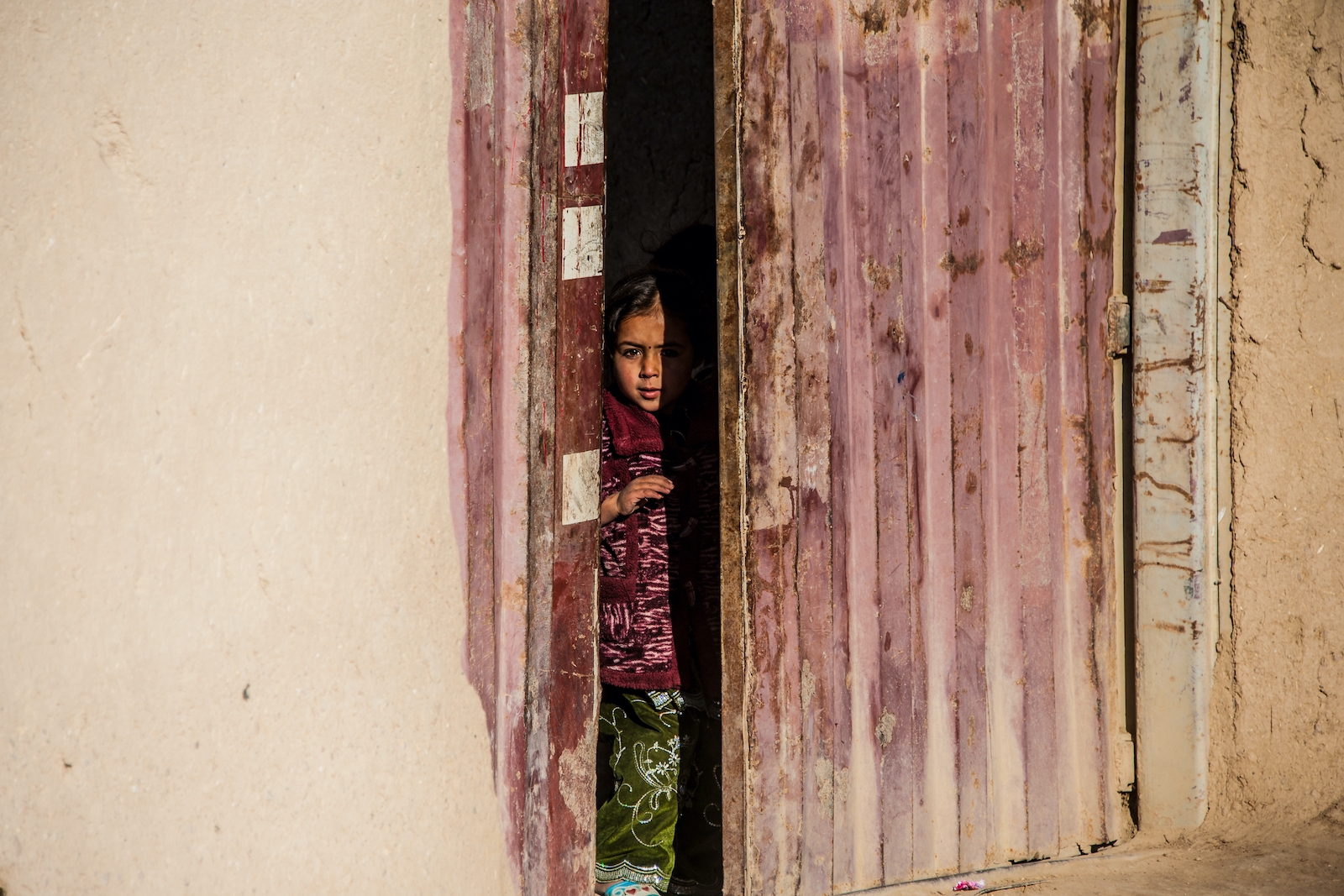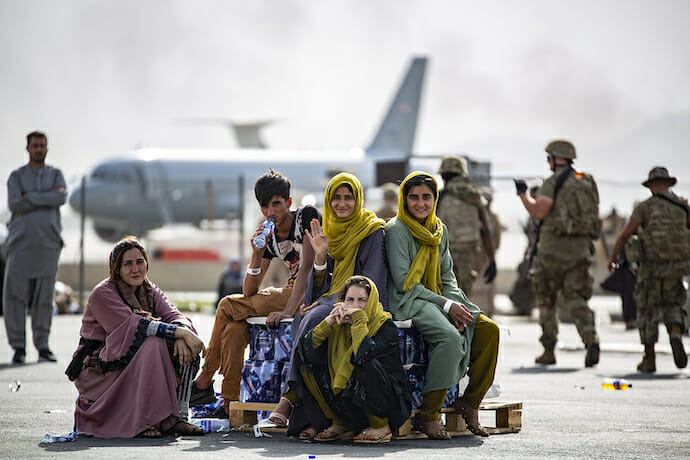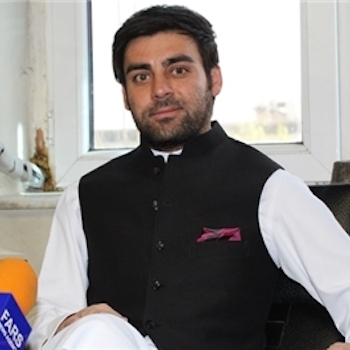
Afghanistan is Going from Bad to Worse
A displaced Afghan mother sold her one-and-a-half-year-old to pay for her other child’s medical treatment. Another Afghan man attempted to sell his daughter to feed his family. People in Afghanistan are selling their children to escape poverty.
The UNICEF’s Henrietta Fore writes, “Almost 10 million [children] in Afghanistan depend on humanitarian assistance to survive and one million [children] could die from malnutrition this year.” A UN study finds that “As much as 97% of the population is at risk of sinking below the poverty line unless a response to the country’s political and economic crises is urgently launched.”
Further, the UN forecasts that nearly 14 million Afghans, approximately 45% of the population, are at risk of starvation. A World Food Programme survey reveals that only 5% of Afghans have enough food to eat daily. The World Health Organization has declared that “Afghanistan’s health system is on the brink of collapse. Unless urgent action is taken, the country faces an imminent humanitarian catastrophe.” Afghanistan “is on a countdown to economic collapse,” states the Norwegian Refugee Council. The situation in Afghanistan is dire, unfolding to become one of the worst humanitarian disasters in the world.
As approximately 73% of the population is internally displaced, amid the COVID-19 pandemic and severe drought, Afghanistan’s economy and health system are crumbling.
The state of the country wasn’t promising before the collapse of the Afghan government, but the Taliban takeover has exacerbated the miseries of the country. The Taliban incursion into Kabul and withdrawal of U.S. and allied troops led the international community to pull the plug on critical aid, which had been vital to the functioning of the Afghan government. The Ghani government was dependent on foreign aid, approximately 75% of the government’s budget was paid by the international community.
But when the Taliban suddenly took over the entire country, along with the Ghani administration, the lifeline assistance from the international community vanished. The Taliban rule has caused many crucial international programs to come to a halt while Afghan foreign reserves, approximately $10 billion dollars, are frozen.

Following the Taliban’s takeover, in many diplomatic forums concerning Afghanistan, including the United Nations, the legitimacy of their government has been a contentious point of these conversations. The international community, particularly the U.S. and the EU, is met with the challenge of how to engage with Afghanistan as the Taliban have taken power. However, the complexities on the ground and the emergence of the Taliban caretaker government, should not discourage the international community from engaging in Afghanistan. In light of the looming humanitarian crisis facing the country, intensified by a shortage of food and money, now is not the time for the international community to scale back. Rather, it should all the more strengthen its engagement in Afghanistan.
Further, the world’s response to Afghanistan shouldn’t be its response to the Iran-U.S. saga, which spanned decades with the international community taking a backseat role as passive observers while U.S. sanctions harmed the people of Iran. Although the U.S. seems to be a taking different approach towards Afghanistan, the international community should nonetheless not act as a bystander regardless of U.S. policy.
The international community needs to devise a robust political, development, and economic plan for Afghanistan, which compromises a short-and long-term plan, with the United Nations as the central hub for these efforts. One of the core purposes of the UN is “to achieve international co-operation in solving international problems of an economic, social, cultural, or humanitarian character.” The United Nations should step up its role in Afghanistan and bring together essential actors to address the Afghanistan crisis, which will likely spill beyond the country’s borders.
In the short term, attention must be given to humanitarian assistance to address the immediate needs of the people. Donor countries whose financial assistance had been crucial to the Afghan government, previously covering 75% of the budget, should continue their assistance, however through alternative channels. They should steer funds in a joint and coordinate effort to UN entities, including the United Nations Development Programme (UNDP), the United Nations Children’s Fund (UNICEF), the World Food Programme (WFP), and the World Health Organization (WHO) to give direct assistance to the people of Afghanistan.
In the long run, the UN must focus on sustainable efforts to stabilize the country politically. This would require the UN to propose an interim government that is socially, politically, and religiously inclusive that would administer a free and fair election, monitored by relevant international bodies, which would then lead to the establishment of a permanent government. An elected government would then resolve the issue of international recognition and the myriad of issues induced by a lack of international recognition, such as frozen assets and suspension of aid by the World Bank, which was used to pay the salaries of essential workers.
In the 1990s, following the Soviet withdrawal from Afghanistan, the United Nations was involved in shuttle diplomacy to formulate an interim political arrangement between the warring Afghan factions in an attempt to stabilize the country. Such efforts failed due to the zero-sum game among the local rival groups. Although the effort didn’t produce tangible results then, failure isn’t guaranteed this time around, mainly due to the different political conditions on the ground today. Currently, there aren’t any influential actors on the ground to alter Afghanistan’s internal political landscape, compared to the 1990s. Factions and political parties are too weak to singlehandedly reject a UN proposal, raising the likelihood of a successful outcome.
The current fiasco in Afghanistan is the product of hubris. This catastrophe started in 2011 when the international community engaged with the Taliban in peace talks, which intensified in 2018 and resulted in the Doha Agreement, and gave the Taliban enough legitimacy to undermine the Afghan government. But now is not the time for the international community to put all its eggs in one basket by consuming all resources and efforts to debate the Taliban’s legitimacy. Now is the time for the international community to exert greater resources to tackle the immediate needs of the people of Afghanistan.

